Neuroscience
-
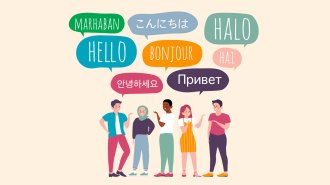 Neuroscience
NeuroscienceYour brain wires itself to match your native language
MRI scans of nearly 100 native speakers of either German or Arabic revealed differences in how the language circuits of their brains are connected.
By Elise Cutts -
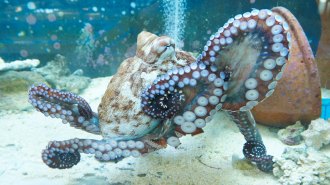 Animals
AnimalsScientists have now recorded brain waves from freely moving octopuses
The data reveal some unexpected patterns, though it’s too early to know how octopus brains control the animals’ behavior, a new study finds.
-
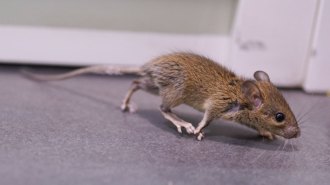 Neuroscience
NeuroscienceIn mice, anxiety isn’t all in the head. It can start in the heart
Scientists used optogenetics to raise the heartbeat of a mouse, making it anxious. The finding could offer a new angle for studying anxiety disorders.
-
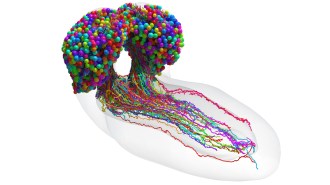 Neuroscience
NeuroscienceScientists have mapped an insect brain in greater detail than ever before
Researchers have built a nerve cell “connectivity map” of a larval fruit fly brain. It’s the most complex whole brain wiring diagram yet made.
-
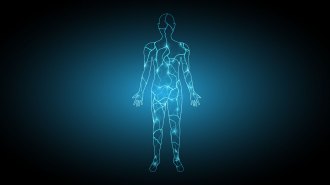 Life
Life‘We Are Electric’ delivers the shocking story of bioelectricity
Sally Adee’s new book spotlights the underexplored science of the body’s electricity and investigates how bioelectricity could advance medicine.
By Meghan Rosen -
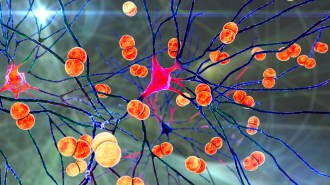 Neuroscience
NeuroscienceHow meningitis-causing bacteria invade the brain
Microbes behind bacterial meningitis hijack pain-sensing nerve cells in the brain’s outer layers, disabling a key immune response, a mouse study shows.
-
 Neuroscience
Neuroscience‘Mommy brain’ doesn’t capture how the brain transforms during pregnancy
During the transition to motherhood, there's more going on than “momnesia,” neuroscientists argue. The brain changes to prep for the job of caregiving
-
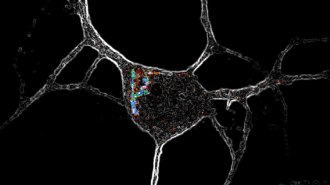 Health & Medicine
Health & MedicinePsychedelics may improve mental health by getting inside nerve cells
Psychedelics can get inside neurons, causing them to grow. This might underlie the drugs’ potential in combatting mental health disorders.
-
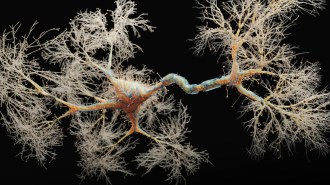 Neuroscience
NeuroscienceAdult mouse brains are teeming with ‘silent synapses’
Nerve cell connections thought to be involved mainly in development could explain how the brain keeps making new memories while holding onto old ones.
-
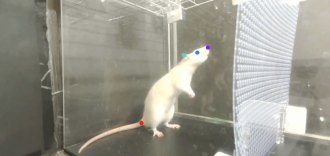 Neuroscience
NeuroscienceRats can bop their heads to the beat
Rats’ rhythmic response to human music doesn’t mean they like to dance, but it may shed light on how brains evolved to perceive rhythm.
-
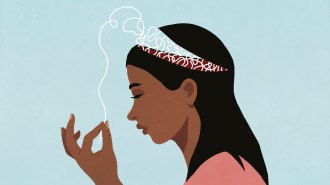 Neuroscience
NeuroscienceNew brain implants ‘read’ words directly from people’s thoughts
In the lab, brain implants can translate internal speech into external signals, technology that could help people who are unable to speak or type.
-
 Psychology
PsychologyA new treatment for debilitating nightmares offers sweeter dreams
A new study combines standard nightmare disorder therapy with a memory-enhancing technique to create happier dreams and bring greater, lasting relief.